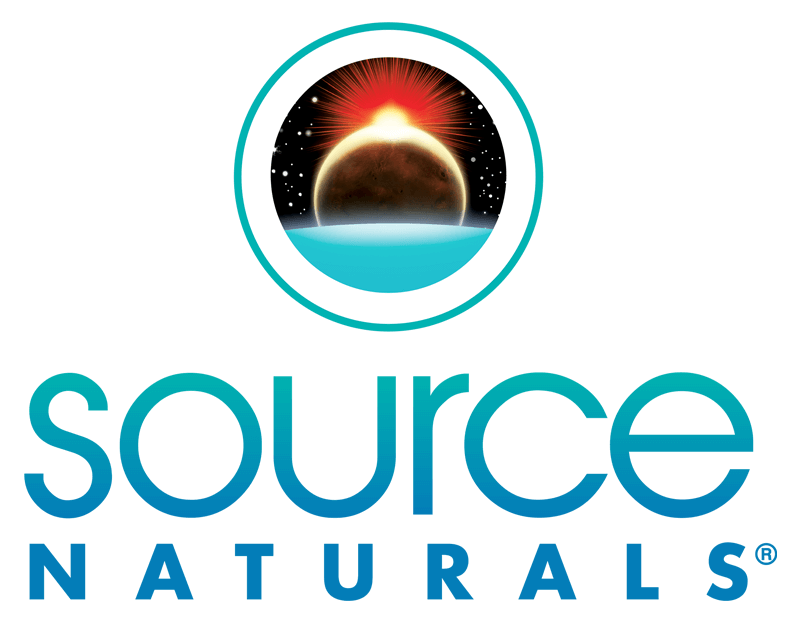Multiple Sclerosis (MS)
What is MS? Multiple Sclerosis is a chronic, autoimmune, neurological disorder that affects the central nervous system (CNS), which includes the brain and spinal cord. In MS, the immune system mistakenly attacks the protective covering of nerve fibers called myelin, leading to inflammation and damage to the underlying nerves.
When/How MS Starts:
The onset of MS is typically between the ages of 20 and 50, and it affects women more frequently than men. The exact cause of MS is unknown, but it is believed to involve a combination of genetic, environmental, and immune system factors. Viral infections, vitamin D deficiency, and smoking are among the environmental factors that may contribute.
What MS Does:
MS disrupts the communication between the brain and the rest of the body. As the immune system attacks the myelin sheath, it can lead to the formation of scar tissue (sclerosis) in multiple areas of the CNS. This disrupts the transmission of electrical impulses along the nerves, resulting in a wide range of symptoms that can vary widely among individuals.
How MS Develops:
- Relapsing-Remitting MS (RRMS):
- Characterized by periods of symptom flare-ups (relapses) followed by periods of partial or complete recovery (remission).
- Primary Progressive MS (PPMS):
- A gradual worsening of symptoms without distinct relapses or remissions.
- Secondary Progressive MS (SPMS):
- Initially follows a relapsing-remitting course but later transitions to a more steadily progressive phase.
Traditional Treatment for MS:
- Disease-Modifying Therapies (DMTs):
- Medications to modify or suppress the immune system to reduce the frequency and severity of relapses.
- Corticosteroids:
- Used to reduce inflammation during relapses.
- Symptomatic Treatments:
- Medications to manage specific symptoms such as muscle spasms, fatigue, and pain.
- Physical Therapy:
- Exercises to improve mobility, strength, and coordination.
- Occupational Therapy:
- Techniques and tools to assist with daily activities.
Natural Treatments for MS:
While there’s no cure for MS, some natural approaches may help manage symptoms:
- Healthy Diet:
- Emphasis on a balanced, anti-inflammatory diet rich in fruits, vegetables, and omega-3 fatty acids.
- Regular Exercise:
- Beneficial for overall health, including muscle strength and flexibility.
- Stress Management:
- Techniques like yoga, meditation, or mindfulness to alleviate stress.
- Adequate Vitamin D:
- As MS has a connection with vitamin D deficiency, maintaining optimal levels may be beneficial.
- Acupuncture:
- Some individuals find relief from symptoms through acupuncture.
Quality of Life:
The impact of MS on quality of life can vary. MS can lead to physical and cognitive challenges, affecting daily activities and work. Fatigue, mobility issues, and emotional well-being are common concerns. However, advancements in treatment options and support services have improved the management of symptoms, enhancing the quality of life for many individuals with MS.
Vitamins for MS Treatment:
- Vitamin D:
- Essential for bone health and may play a role in regulating the immune system.
- Vitamin B12:
- Important for nerve function; deficiency can exacerbate MS symptoms.
- Omega-3 Fatty Acids:
- Found in fish oil, may have anti-inflammatory properties.
- Vitamin C and E:
- Antioxidants that can help protect cells from damage.
- Magnesium:
- Important for muscle function and may help with spasticity.
Conclusion:
Managing MS involves a multidisciplinary approach, combining traditional medical treatments with lifestyle modifications. Regular monitoring, early intervention, and ongoing support from healthcare professionals contribute to improved outcomes and quality of life for individuals with MS. As research continues, new therapies and interventions may further enhance the management and understanding of this complex condition.
We hope you found the information provided by Thera-Mineral valuable and insightful. At Thera-Mineral, we are dedicated to offering high-quality supplements to support your health and well-being.
If you have any further questions, need additional information, or would like to explore our range of supplements, please don’t hesitate to reach out. You can contact us at our office located at 25216 Grogan’s Park Dr. Suite A, The Woodlands, TX 77380. Our friendly team is ready to assist you by phone at 855-472-2569 or via email at support@theramineral.com.
For your convenience, most supplements are available on our website, theramineral.com. However, if you don’t find a specific product on the site, our dedicated staff can help you place an order, and we’ll ensure it’s delivered to your place of choice.
We appreciate your trust in Thera-Mineral, and we look forward to being a reliable partner on your journey to optimal health. Thank you again for being part of our community!


















